Bonavero Institute Advisory Council
The Bonavero Institute has an Advisory Council to provide strategic advice and guidance. Members include human rights scholars and practitioners from across the world, including senior judges from the UK and human rights lawyers from Colombia, Germany, India, Mexico, South Africa, and the United States. The Advisory Council meets once a year to review the annual report of the Bonavero Institute and to discuss plans for the next year. In addition, Advisory Council members support the Bonavero in many other ways, such as delivering lectures or presentations, providing advice on aspects of our research work, and supporting our programmes. Advisory Council members serve for renewable terms of three years.
Adem Abebe
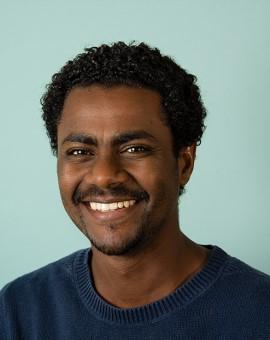
Adem Kassie Abebe supports constitution-building processes around the world, and designs and implements projects particularly in transitions to peace and democracy in politically complex and fragile contexts. He convens platforms for dialogue, advises and provides technical assistance to high level constitution and decision makers at national and international levels and to civil society stakeholders. He was an editor of and managed ConstitutionNet from 2016 to 2021, an online platform providing continuous updates on comparative constitutional reform processes around the world. A notable feature of ConstitutionNet is 'Voices from the Field', a series in which local experts provide analysis and updates on the process, content and principal actors in ongoing constitutional-reform proposals.
He is a member of the Advisory Board of the International Journal of Constitutional Law (I.CON) and Vice President and member of the Executive Committee of the African Network of Constitutional Lawyers (ANCL). In addition to his extensive publications, Abebe regularly publishes opinion pieces in prominent platforms including Foreign Policy and The Conversation and has appeared as commentator on major international and media outlets such as The BBC World News and France 24. He has also delivered lectures at universities in Belgium, Ethiopia, Germany, The Netherlands, South Africa and Switzerland, and is invited to participate in high level conferences. He has served as assistant professor in the postgraduate studies programme of the Faculty of Law of the University of Addis Ababa.
Abebe has been recognized as an Extraordinary Lecturer at the University of Pretoria. He was a Senior Research Fellow at the Max Planck Foundation for International Peace and the Rule of Law, and was also granted a Research Fellowship at the University of Cambridge (UK), Centre of Governance and Human Rights (2011) and at the Max Planck Institute for Comparative Public Law and International Law (2012). He has been recognized since 2015 as a Fellow of the Centre for Jurisprudence and Constitutional Studies at Kabarak University in Kenya.
Meghna Abraham
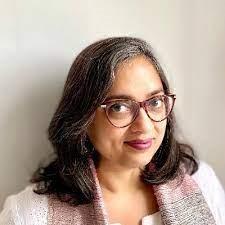
Meghna Abraham is the Executive Director of the Center for Economic and Social Rights (CESR). She is an international human rights lawyer and expert on economic, social, and cultural rights. She has a track-record of enabling organisations to develop new and innovative areas of research and advocacy and impactful national, regional, and global campaigns. Meghna has spent over two decades working with communities to challenge the impact of unjust policies across a wide array of issues. These have included the provision of public services, abusive supply chains, development and extractive projects. Her work has a strong focus on multiple forms of inequality and discrimination, on strengthening accountability of state and non-state actors, and has spanned all regions of the world.
Meghna has held a range of management posts in non-governmental organizations and supervised diverse teams of lawyers, policy advisers, researchers, campaigners, and advocates. She was employed at Amnesty International for over a decade in various roles including the Director of Global Issues and Deputy Director/Head of Economic, Social and Cultural Rights. She has also worked at the Natural Resource Governance Institute, International Service for Human Rights, Centre on Housing Rights and Evictions, World Organisation Against Torture, Human Rights Centre, University of Essex, and Centre for Child and the Law at the National Law School of India University. She has been an expert consultant for various NGOs and the Office of the High Commissioner for Human Rights providing them with strategic or legal and policy advice.
She is a qualified Indian lawyer who holds a BA LLB (Hons) degree from the National Law School of India University and BCL and MPhil in Law degrees from the University of Oxford. She is the Chair of the board of the Natural Resources Charter Limited and a Fellow of the Nottingham Human Rights Law Centre.
X: @meghnaabraham
Alejandra Ancheita
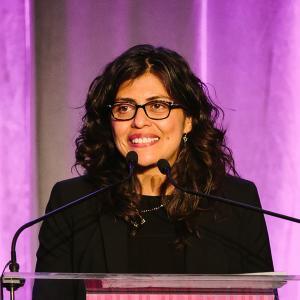
Alejandra Ancheita, founder and Executive Director of the Mexico City-based NGO ProDESC (The Economic, Social and Cultural Rights Project), is a Mexican lawyer and activist, leader of the human rights movement for migrants, workers, and indigenous communities of her native country. Since founding ProDESC in 2005, Alejandra Ancheita and her dedicated team have run strategic campaigns aimed at protecting the economic, social, and cultural rights of Mexico’s most marginalised people. ProDESC’s work is guided by her innovative vision of an integrated approach, which combines community education and organising, corporate research, human rights litigation, and policy advocacy; thereby bringing about real structural change. Among her most notable accomplishments at ProDESC, she achieved unprecedented results to establish accountability mechanisms for transnational corporations in Mexico.
Alejandra is one of the leading Latin American voices in the human rights movement. She has spoken in various international forums, such as the UN Forum on Business and Human Rights, the Women’s Forum for the Economy and Society and the OECD Annual Meeting of National Contact Points, as well as arguing cases before the Inter-American Commission of Human Rights and national courts.
Alejandra is the 2014 Laureate of the Martin Ennals Award for Human Rights Defenders, the highest acknowledgement from the international human rights community. The same year, she also received the Omecíhuatl medal from the Women’s Institute in Mexico City in recognition of her important contributions to women human rights. In 2015, the Mexican Senate acknowledged Alejandra's prominent work in defence of workers, migrants, indigenous and agrarian communities. More recently, in 2019, she was awarded a Doctorate Honoris Causa from the Université Paris Nanterre, becoming the first Mexican woman to be honoured with this distinction.
Alejandra has a Bachelor of Laws from the Universidad Autónoma Metropolitana-Azcapotzalco in Mexico City and a Master of Laws and International Justice from Fordham University.
You can follow Alejandra on X: @AAncheita
Mary Arden
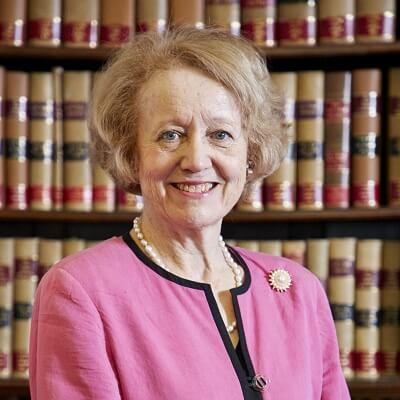
Lady Mary Arden was a Justice of the Supreme Court of the United Kingdom from October 2018 to January 2022. From 2000 to 2018 she was a judge of the Court of Appeal of England and Wales. Lady Arden was also the Head of International Judicial Relations for England and Wales (2005-2018), responsible for liaison with leading courts across the world. She chaired the Judges' Council Working Party on Constitutional Reform (2004-2006).
Lady Arden is also a Member of the Permanent Court of Arbitration in The Hague and an ad hoc judge of the European Court of Human Rights in Strasbourg. She has held a number of other public appointments, including Chair of the Law Commission of England and Wales (1996-1999), and member of the Steering Group of the Company Law Review established by the Department of Trade and Industry (1998-2001). Lady Arden has written and lectured on a wide range of legal subjects. She was called to the Bar in 1971 (QC 1986) and appointed a High Court judge in 1993, the first woman judge to be assigned to the Chancery Division.
Yves Bonavero
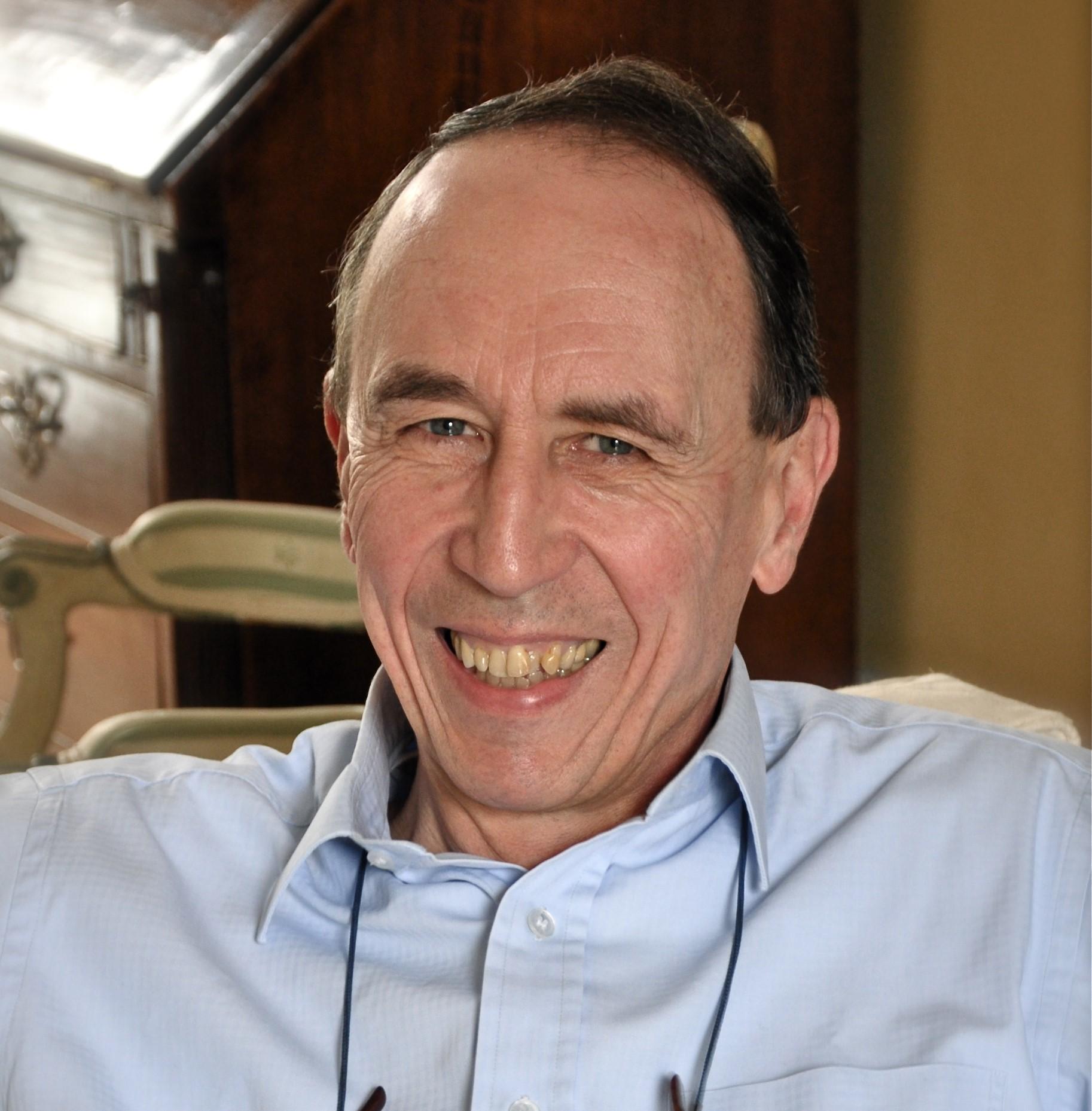
Yves Bonavero was born and educated in Paris. He holds a First-Class Honours degree in Philosophy and German, as well as an MA, from Oxford University. Yves Bonavero started his business career at ED&F Man, joining the partnership in 1983 and becoming Group Chief Executive Officer in 1987, aged 34. He retired from the City in his late thirties and has ever since held several non-executive directorships in companies ranging from hedge fund managers in Asia to commercial property investment and a mortgage bank in the UK, as well as food processing in Spain.
Yves Bonavero is the chairman of Woodsford Consulting Ltd, which he founded in 1996. Until 2023, he was chairman of Woodsford Group Ltd, which he founded in 2010 to promote access to justice for impecunious claimants and hold big corporations to account for ESG breaches.
In 1990, together with his wife Anne, he established the A B Charitable Trust to promote human dignity and defend the human rights of marginalised and excluded people. The charity, which Yves initially chaired for thirty-three years before taking a two-year break, ranks among the UK’s top 50 grant-making foundations and in 2015 endowed the Bonavero Institute of Human Rights at Oxford University.
In September 2023, Yves was awarded by the Open University the honorary degree of Doctor of the University in recognition of his Public Services and the exceptional contribution he made to championing human dignity.
Gráinne de Búrca
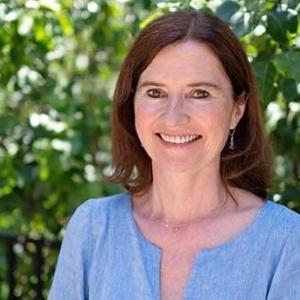
Gráinne de Búrca joined the NYU Law faculty in 2011. Before joining NYU, she held tenured posts as professor at Harvard Law School, Fordham Law School, and at the European University Institute in Florence. Before that, she was Fellow of Somerville College and lecturer in law at Oxford University from 1990 to 1998. She was deputy director of the Center for European and Comparative law at Oxford University, and co-director of the Academy of European Law at the EUI in Florence. She has also been a visiting professor at Columbia Law School, a member of NYU’s Global Law faculty and Straus Inaugural Fellow at NYU.
Her main field of research and expertise is European Union law, and she has written widely on questions of European constitutional law and governance, human rights and discrimination, and international relations. She studied law at University College Dublin and the University of Michigan and was admitted to the bar at Kings Inns, Dublin. She is co-editor of the Oxford University Press series Oxford Studies in European Law, and co-author of the leading OUP textbook EU Law, currently in its sixth edition. She is co-editor-in-chief of the International Journal of Constitutional Law (I•CON) and serves on the editorial board of the American Journal of International Law and on the editorial advisory board of numerous other journals.
Cora Chan
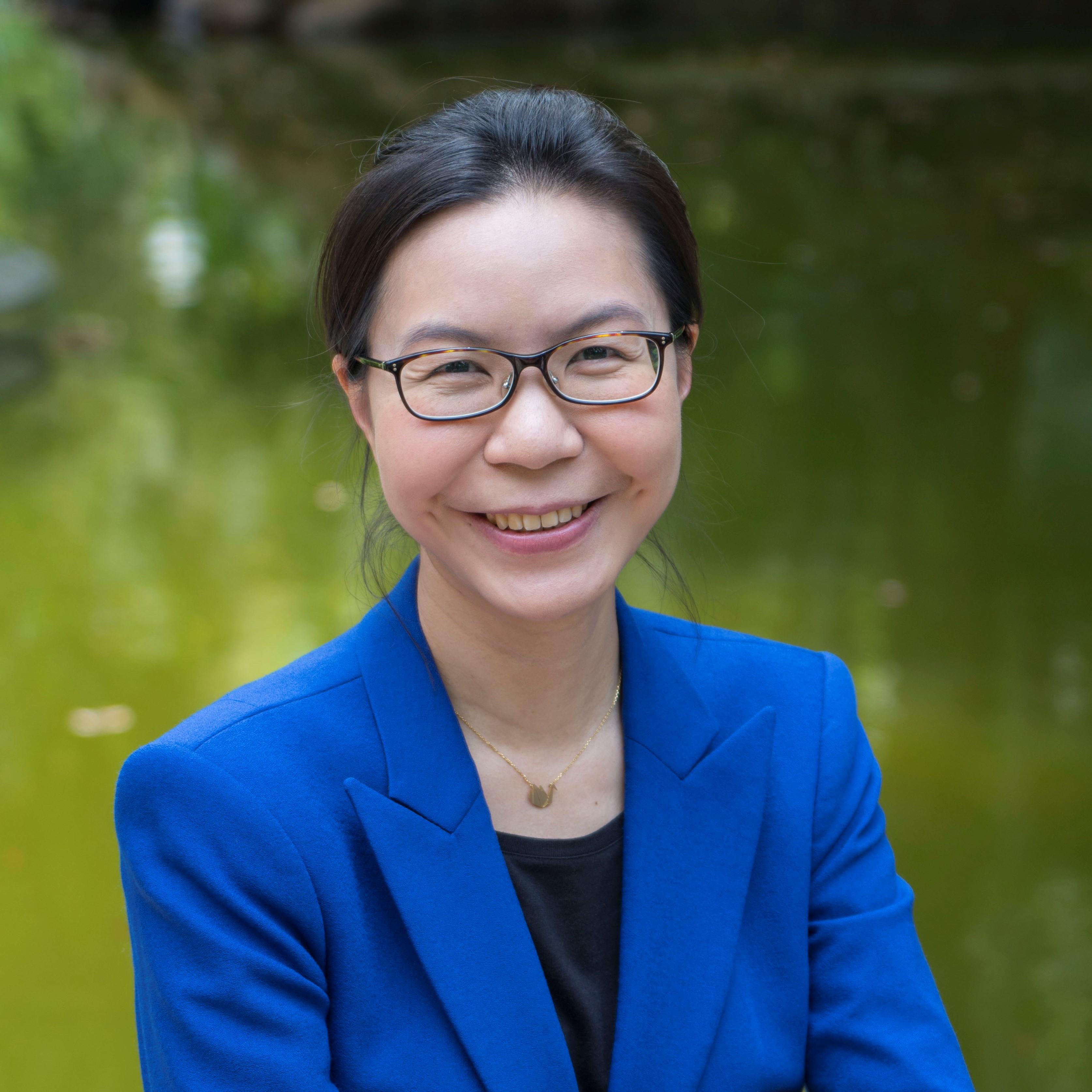
Dr Cora Chan’s research interests are in constitutional law and theory, administrative law, and human rights. She has written on such topics as proportionality, judicial deference, national security and rights, law and authoritarianism, legal pluralism, subnational constitutionalism, and China-Hong Kong constitutional relations. She is currently working on a monograph on methods of deference in human rights adjudication and a project on liberal regions in illiberal states.
Cora has received numerous research awards, including the Society of Legal Scholars Best Paper Prize (2012), Hong Kong Research Grants Council Early Career Award (2013), University Research Output Prize (2013), Outstanding Young Researcher Award (2017), and the inaugural Rosie Young 90 Medal for Outstanding Young Woman Scholar (2021). In 2017, she and Fiona de Londras (Birmingham) were awarded a British Academy / Leverhulme Small Research Grant.
Cora was appointed by Hong Kong’s University Grants Committee as a member of the Law Panel for the Research Assessment Exercise (RAE) 2020. She is on the General Council of the International Society of Public Law, the editorial boards of Public Law, Asian Journal of Comparative Law, Hong Kong Law Journal, Asia-Pacific Journal on Human Rights and the Law, and Revista de Investigações Constitucionais (Journal of Constitutional Research), and the advisory boards of the International Journal of Constitutional Law, Hart Studies in Constitutional Theory Series, and Springer series in Contemporary Chinese Civil and Commercial Law.
Cora holds a BCL and a DPhil in Law from the University of Oxford and a double degree in LLB and political science from the University of Hong Kong.
Eric Lewis
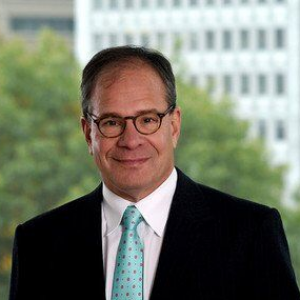
Eric Lewis practices in the areas of international litigation and arbitration, serious fraud, banking, international insolvency and complex securities litigation. He has had a central role in disputes arising out of virtually all of the major international fraud and financial collapses of the last quarter century, including serving as counsel to the liquidators of Bank of Credit and Commerce International, Laker Airways, Carlyle Capital, Madoff International, China Medical and Akai Electronics. He has served as lead counsel in numerous cases involving collateralized debt obligations and other complex asset backed securities.
Eric Lewis has been a leading figure in international human rights. He has represented Guantánamo detainees for more than a dozen years in civil litigation, administrative hearings and habeas corpus petitions. He has also acted on behalf of Afghan prisoners held by the U.S. military in Afghanistan, amongst many other cases. He serves on the board of the International Senior Lawyers Project.
Quinn McKew
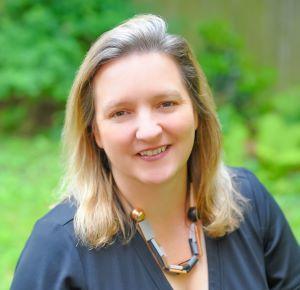
Quinn McKew is the Executive Director of ARTICLE 19, the leading international freedom of expression organisation. She brings to ARTICLE 19 a background in community building, environmental activism, and the protection of human rights in the digital age. Above all she brings a decade-long dedication to the value of freedom of expression to create and maintain a more inclusive, a fairer and a more sustainable world.
As a graduate of both Stanford (international relations and the environment) and of Georgetown University (MBA in non-profit management), McKew’s experience has spanned both the public, private and third sectors. Since joining ARTICLE 19 in 2011 she has played a vital role in developing a world-leading programme of work on digital infrastructure and human rights, and become a leading voice on the protection of civic space from a rights-based perspective. She is also a board member of The Equal Rights Trust – an international organisation combating discrimination.
Prior to joining ARTICLE 19, Quinn was a senior strategist with a London-based consultancy specialising in sustainability, working with major corporations to develop the means to integrate sustainability into their operations. This was part of a life-long passion for the natural world which saw her progress from research fellow with the World Wildlife Fund to lead the American Rivers Wild River Campaign as Senior Director of the organization, during which she had access to the highest levels of state and federal government. Quinn also helped to launch the Georgetown Women’s Leadership Initiative while working towards her MBA.
Follow Quinn on X: @quinnmck
Angelika Nußberger
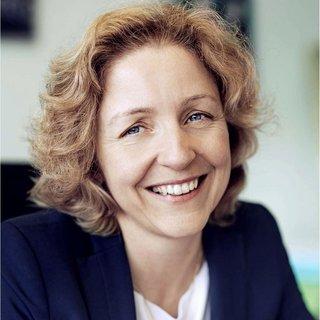
From 1993 to 2001, Nußberger worked at the Max Planck Society Institute for International and Comparative Social Law, including a period as visiting researcher at Harvard University from 1994 to 1995. From 2001 to 2002, she worked as a legal adviser at the Council of Europe in Strasbourg.
In 2002, Nußberger achieved her habilitation, the highest academic qualification a scholar can achieve in Germany, with a thesis on public international law. In October 2002, she was appointed Professor at the Faculty of Law of the University of Cologne and as Director of the Institute of Eastern European Law. In 2009, she was elected Vice-Rector (deputy to the Rector) of the university with the newly created position of Vize-Rector for Academic Careers, Diversity and International Affairs. She has been a member of the International Labour Organization's Committee of Experts on the Application of Conventions and Recommendations from 2004 to 2010, and a deputy member of the Council of Europe's Venice Commission from 2006 to 2010. In 2010, she was awarded an honorary doctorate by Tbilisi State University in Georgia, the Schader Award in 2015 and an honorary doctorate by Lucian Blaga University of Sibiu in Romania in 2019.
On 22 June 2010, Nußberger was elected by the Parliamentary Assembly of the Council of Europe judge on behalf of Germany at the European Court of Human Rights, succeeding Renate Jaeger, previously judge of the Federal Constitutional Court of Germany. Nußberger has been elected as Vice-President of the Court in February 2017.[1]
In January 2020 Nußberger was appointed as member of the Venice Commission for Germany.[2] In February 2020, she was appointed by the ECtHR to succeed to Giovanni Grasso as international judge to the Constitutional Court of Bosnia and Herzegovina[3] and in July 2020 as member of the "Commission de réflexion sur la Cour de cassation 2020-2030" to elaborate on reforms regarding the french Court of Cassation (France).
Jennifer Robinson
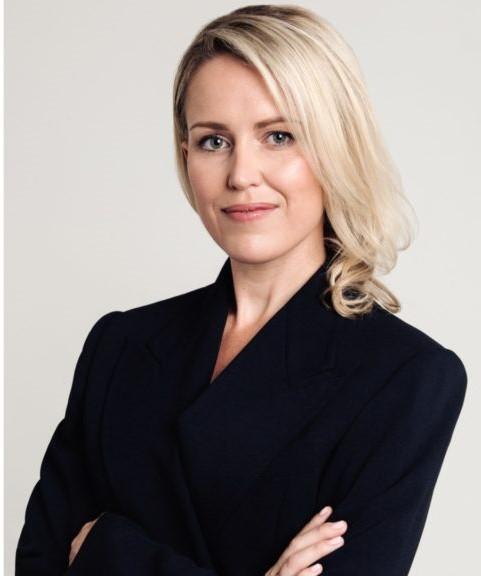
Jennifer Robinson is a barrister at Doughty Street Chambers with a broad practice across media law, public law, international law and extradition. Prior to joining chambers, Jen Robinson was a solicitor in the media and international team at Finers Stephens Innocent LLP, acting in key freedom of speech and freedom of information cases on behalf of media organisations, journalists and human rights organisations. She advised on a wide range of media law issues, including defamation, privacy, contempt, freedom of information, national security and reporting restrictions, and intervened regularly on behalf of the media in strategic cases before UN bodies, the European Court of Human Rights and the English courts.
Alongside legal practice, Jennifer Robinson has taught at the University of Sydney on the social justice clinical program. She also created the Bertha Justice Initiative, a global program and network to support emerging lawyers into public interest law, providing support and advice to lawyers conducting strategic public law and human rights litigation.
Miriam Saage-Maaß
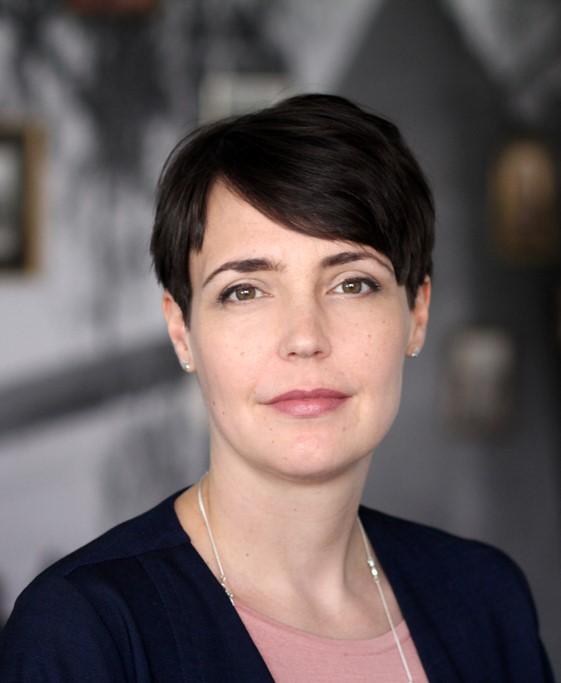
Dr Miriam Saage-Maaß is a German trained lawyer and Vice Legal Director of the European Center of Constitutional and Human Rights (ECCHR), where she has built up the Business and Human Rights program. She has worked on various cases against corporations, including civil proceedings against German retailers relating to the exploitation of workers in Bangladesh and Pakistan, and against companies trading in cotton picked by forced child labour in Uzbekistan. Miriam is also engaged in criminal proceedings against high-ranking officials, for example in the European arms industry, for their involvement in the commission of international crimes.
Miriam regularly publishes articles on the question of corporate accountability for human rights violations in the global supply chain and consults internationally as an expert in corporate responsibility and human rights. She is a lecturer at the Freie Universität Berlin and joined the Stiftung Forum Recht's advisory board in 2020.
Anup Surendranath
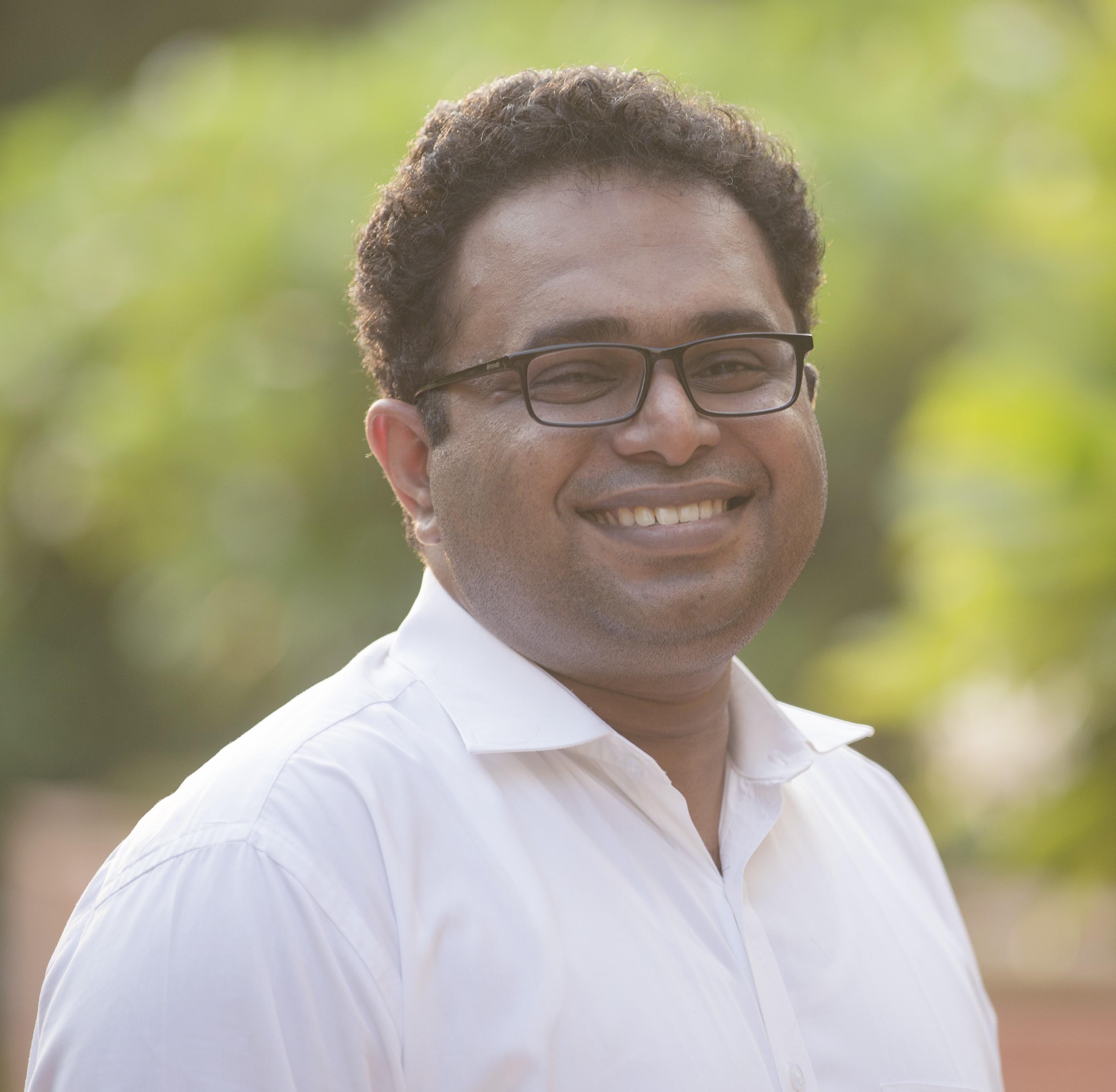
Anup Surendranath is a professor of law and the Executive Director of The Square Circle Clinic (formerly Project 39A) at the NALSAR University of Law, Hyderabad (India). Between September 2012 - March 2025, he was at National Law University Delhi, where he was also the Founding Executive Director of Project 39A. Professor Surendranath completed his legal education from NALSAR University of Law Hyderabad (2001-06) and the University of Oxford where he read for the BCL, M.Phil in Law, and the D.Phil in Law (2007-12).
The Square Circle Clinic (TSCC) is an extensive criminal justice programme that combines pro bono criminal defence, academic research, and strategic communication. TSCC now represents over 65% of death row prisoners with cases pending in the Supreme Court of India. Further, along with extensive pro bono trial court work in the districts of Pune and Nagpur (western India), the TSCC works on issues of forensic evidence, mental health and criminal justice, criminalisation and punishment, and science, technology, and criminal justice. Until October 2025, TSCC's work has resulted in the acquittal of 32 death row prisoners and commutation to a lesser punishment for 53 death row prisoners.
Research done by the TSCC (when they were Project 39A at National Law University Delhi) has been cited by the Supreme Court of India, Law Commission of India, in debates in the lower and upper houses of the Parliament of India, reports of the Office of the UN High Commissioner for Human Rights, and reports of the UN Secretary General. Work done by members of the TSCC has been recognised and awarded by the World Congress Against the Death Penalty, the World Psychiatric Association, and the New York Legal Aid Society.
Rodrigo Uprimny Yepes
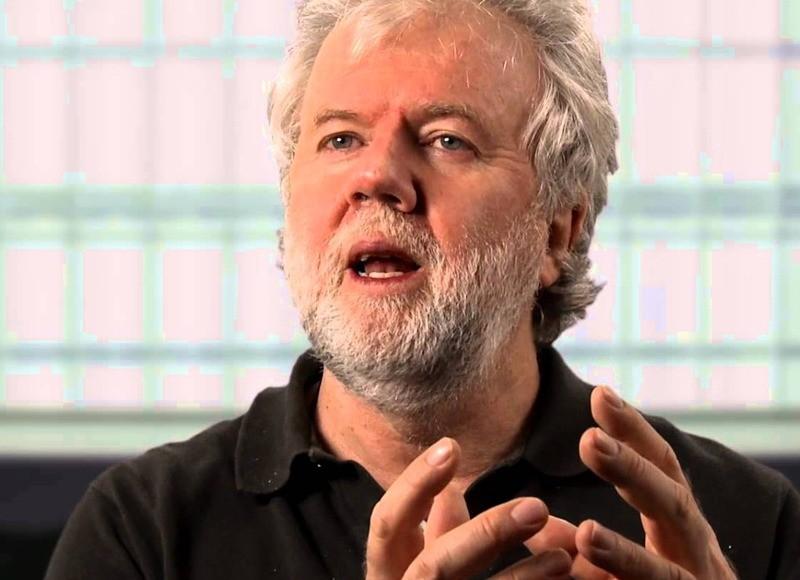
Professor Rodrigo Uprimny is a lawyer, with a Master’s degree (DEA) in sociology of development from the University Paris I (IEDES) and a PhD in Economy from Amiens University. He was a Professor and is now Professor Emeritus at the National University of Colombia, and has been a visiting professor at several universities. Professor Rodrigo Uprimny was an assistant magistrate and temporary replacement at the Colombian Constitutional Court and is co-judge of that Court and of the Council of State. He is a member of the International Commission of Jurists and the UN Committee on Economic, Social and Cultural Rights (2015-2022). He has also served as a Consultant for the United Nations Development Programme on subjects of violence, citizen participation, conflict resolution, and justice.
Professor Rodrigo Uprimny was co-founder and Director of the Colombian research and advocacy organization Dejusticia and is currently Member of the Board of Directors of Dejusticia and coordinator of the Drug Policy Line. His areas of interest are especially Economic, Social and Cultural Rights, transitional justice, judicial system and drug policy. He has published several books and articles on these issues, as author or co-author. He has published extensively on human rights, tensions between law and economics, drug trafficking, and the courts. He is also a columnist for the Colombian newspaper El Espectador.
Vincent Warren
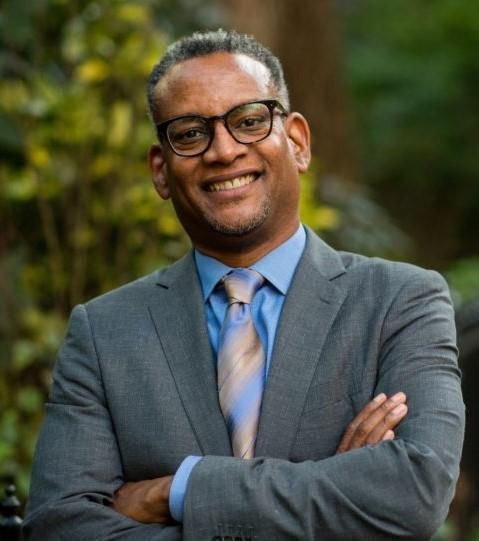
Vincent Warren is the Executive Director and Chief Strategist of the Center for Constitutional Rights (CCR), a legal advocacy organisation dedicated to advancing and defending the rights guaranteed by the United States Constitution and the Universal Declaration of Human Rights. He is a leading expert in racial justice, discriminatory policing, and a noted social movement lawyer and teacher.
He oversees the CCR's ground-breaking litigation and advocacy work, which uses both international and domestic law to fight egregious civil and human rights abuses. Under his leadership, CCR has successfully challenged mass deportation of immigrants, illegal stop-and-frisk and surveillance policies, profiling of Muslims, and established the persecution of LGBTQ+ people as an international crime against humanity. Vince also provides legal and policy support to Black, Brown, and Indigenous organisers across the U.S.
Vince has received the Pritzker Fellowship at the University of Chicago’s Institute of Politics, has held the W. Haywood Burns Chair in Human and Civil Rights at CUNY Law School and received an honorary Doctor of Humane Letters degree from Marymount Manhattan College. Previously, he monitored South Africa's historic Truth and Reconciliation Commission hearings, and was a senior staff attorney at the ACLU.
In addition to his advocacy work, Vince is a composer and musician, whose work has been featured in films premiering at the Sundance and Blackstar Film Festivals.
